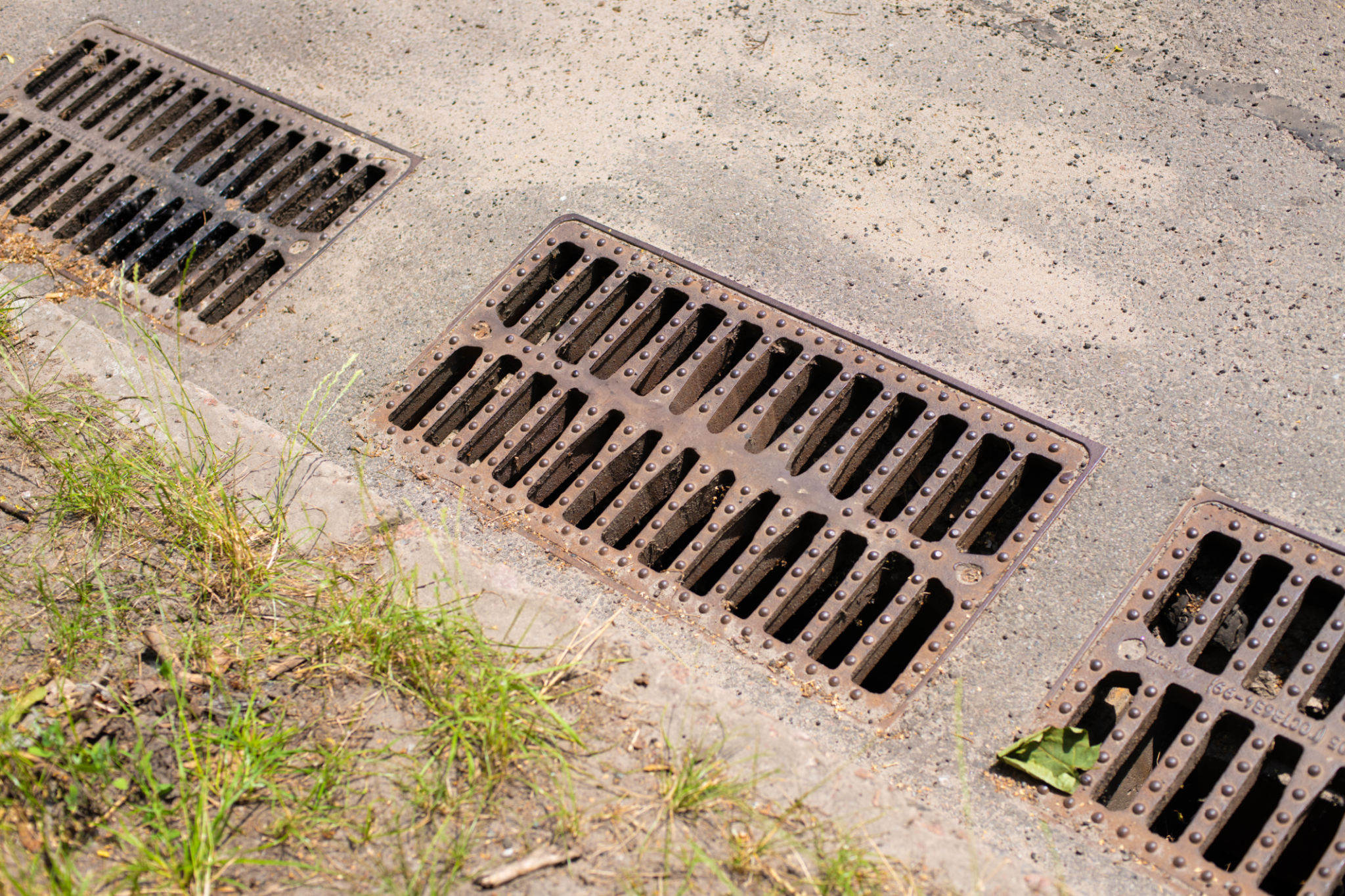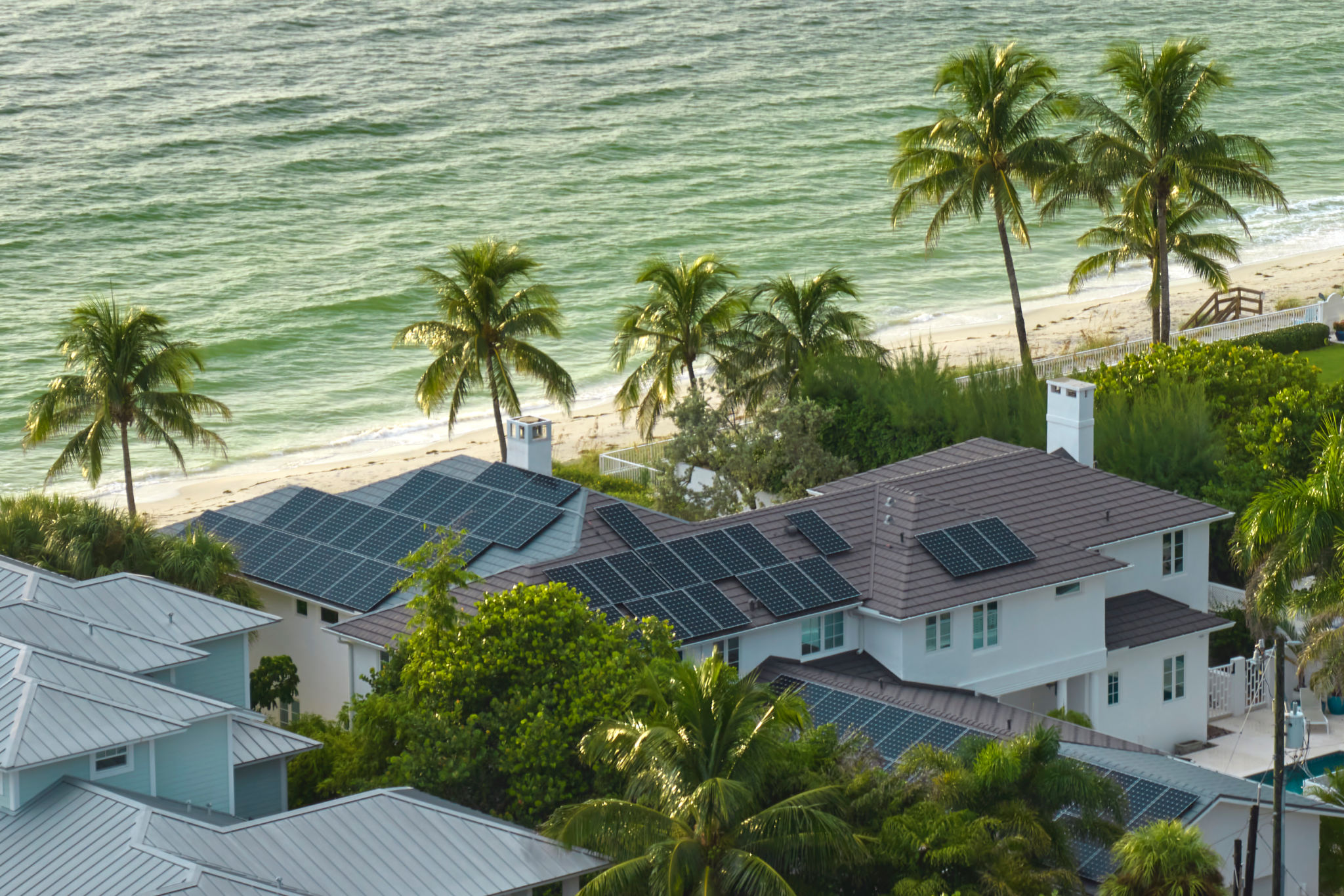Success Stories: Transformative Bio-Swale Projects in Florida
Introduction to Bio-Swales
Bio-swales are an innovative stormwater management solution that combines environmental sustainability with urban development. These vegetated, shallow, landscaped depressions are designed to capture and treat runoff, enhancing the quality of water while providing an aesthetic appeal to urban landscapes. In Florida, bio-swales have been transformative, helping to address the state's unique environmental challenges.

The Need for Bio-Swales in Florida
Florida's climate and topography make it highly susceptible to flooding and water pollution. Heavy rainfall, combined with flat terrain and extensive urban development, can lead to significant runoff issues. Bio-swales provide a crucial solution by reducing runoff volume and filtering pollutants, thereby protecting Florida's waterways and ecosystems.
Addressing Urban Runoff
Urban areas in Florida face significant challenges with stormwater runoff, which carries pollutants such as oil, heavy metals, and chemicals from roads and pavements into water bodies. By slowing down and absorbing rainwater, bio-swales help mitigate these effects, significantly reducing the pollution load entering natural water systems.
Success Stories from Across the State
Florida has seen multiple successful bio-swale projects that have transformed communities and improved environmental outcomes. These projects serve as models for other regions facing similar challenges.

The St. Petersburg Initiative
St. Petersburg has been at the forefront of implementing bio-swales across its urban landscape. By integrating these green infrastructures into street designs, the city has effectively reduced flooding incidents while enhancing urban aesthetics. Residents have noted a marked improvement in both water management and neighborhood appeal.
Miami's Eco-Friendly Approach
In Miami, bio-swales have been strategically placed in key flood-prone areas. The city’s commitment to sustainable development has led to a noticeable decrease in local flooding events, showcasing the effectiveness of bio-swales in urban planning. Moreover, these initiatives have encouraged community involvement, with residents participating in maintenance and educational programs.

Benefits Beyond Water Management
Beyond their primary function of stormwater management, bio-swales offer numerous additional benefits. They support biodiversity by providing habitats for local flora and fauna and improve air quality by trapping dust and pollutants. Furthermore, bio-swales contribute to urban cooling by reducing heat island effects.
Community Engagement and Education
One of the remarkable aspects of Florida's bio-swale projects is the level of community engagement they inspire. Many projects include educational components that raise awareness about sustainable practices and encourage residents to participate in environmental stewardship activities.
Conclusion: A Model for the Future
Florida's success with bio-swale projects sets a precedent for other regions tackling similar environmental challenges. By integrating nature-based solutions into urban planning, cities can achieve a balance between development and ecological preservation. As more communities embrace these innovative approaches, bio-swales will continue to play a vital role in creating sustainable urban environments.